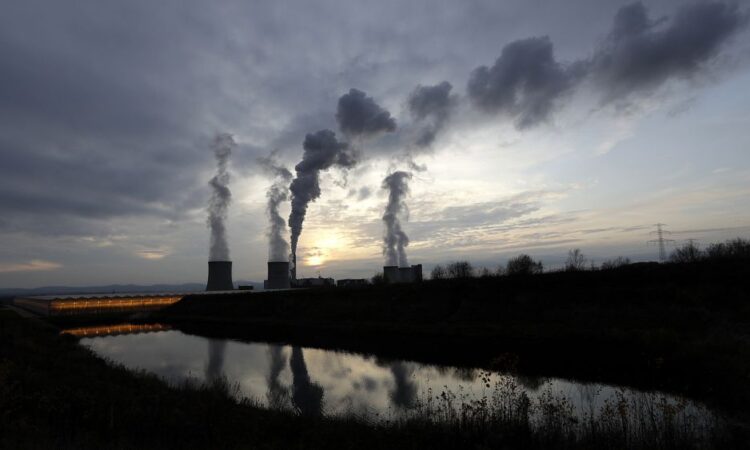
The Polish government has filed legal challenges against the European Parliament and the Council of the European Union, claiming that three EU climate policies threaten energy security and fail to protect the wellbeing of citizens.
Warsaw has asked that the EU’s top court – the Luxebourg-based European Court of Justice – cancel the three policies, which include the bloc’s landmark phaseout of the combustion engine.
The legal actions, announced by Poland’s climate minister Anna Moskwa in June and brought on 17 July, were published by the European Commission on Monday.
The first claims that the EU ban on the sale of new CO2-emitting cars as of 2035 places excessive burdens on the poorest in society, and “gives rise to serious negative consequences for the European automotive industry, social exclusion, transport exclusion of poorer persons, and increased disparity between citizens as regards the standard of living.”
A second challenge claims that the annual targets for greenhouse gas emissions set by the EU for Poland threaten the country’s energy security.
A final challenge relates to the EU’s so-called market stability reserve, which aims to address the surplus of emission allowances in the EU emission trading system. Warsaw claims it could cut mining jobs leading to “greater social inequality between Member States and increased social exclusion.”
Poland claims the policies are in breach of the EU treaties as they were adopted without the unanimous backing of the Council, where the 27 EU member states are represented, despite having a significant impact on countries’ energy security.
The EU hails itself as a world leader in the transition to a climate-neutral economy.
But whilst Poland’s renewable energy capacity is growing, the country gets around 70% of its power from coal. Tighter EU rules due to come into force in 2025 would limit the state funding Warsaw can provide to its coal-fired power plants.






